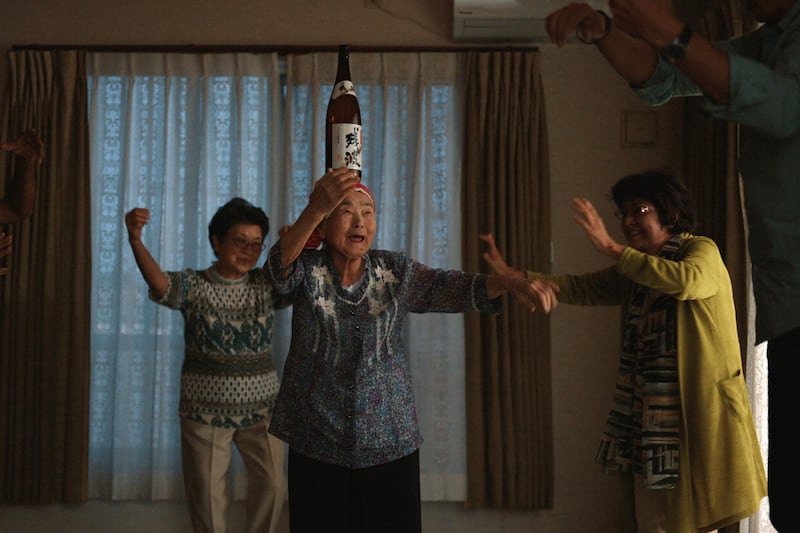Sly, Netflix
Thanks to some eagled-eyed reporting, we found out last week how the David Beckham story on Netflix was reshaped to make the hero look better.
These evasions and inferences were subtle, but together they created a different picture than reality.
Then there was the infamous affair while in Barcelona. There was a reference to his indiscretion, but the name of Rebecca Loos was not uttered in the Beckham ‘documentary.’
This is what comes of giving the celebrity, the subject, control over the documentary.
Sylvester Stallone’s own Balboa Productions is responsible for Sly and things just don’t flow right when you have control of your own stories.
It's a shame because the Stallone story is a good one - troubled family background and an actor who had to write his own parts because no-one would give him one.
It’s almost 50 years since the semi-autobiographical Rocky became a worldwide smash and a star was born.
Read More:
- TV Review: Follow the key steps that allow you to live to 100
- TV Review: I can't fall in love with Sky's The Lovers
Sly opens well with the story of his childhood, family pictures and an explanation for his extremely challenging relationship with his father.
After a difficult birth in Hell’s Kitchen, New York, he was left slightly paralysed on one side of his mouth, giving him his trademark snarl.
He went through 13 schools in 12 years, eventually ending up in a military academy in an effort to give him some discipline.
He fell into acting, but the only parts he could get were as a tough guy and he became disillusioned with the craft and started to write his own scripts.

He got a job in a movie house and figured out a clever way to teach himself. He watched movies all day and wrote out the dialogue long-hand. When he got home, he changed the words for his own, but kept the pacing.
But the story of his life stops quickly and instead we were transitioned into Stallone’s insight on his screenwriting and movie-making.
This is insightful and interesting but only to a point.
Repeatedly, Stallone refers to his “regrets” and how his children have now left the house.
The documentary is built around how Stallone is symbolically moving home and starting anew at age 77. He wants a fresh start, and we get lots of shots of Rocky statues and other movie memorabilia being carefully wrapped by the movers.
It’s reminiscent of some of the more heavy-handed metaphors in the Rocky sequels.
The ‘regrets’ seems to refer to how driven he was in his Hollywood work and how he now wishes he spent more time with his family.
But none of this is explored in the feature-length documentary. We see clips of his children (son Sage in Rocky V) and still pictures of his daughters but never hear from them.
A screen caption tells us Sage died in 2012 aged 36 but leaves viewers at that.
His mother Jackie (who appeared with him in Big Brother 3) gets a passing mention but his ex-wife Brigitte Nielsen who bizarrely also appeared in the same Big Brother series does not.
Lots of the dialogue sounds like lines from one of his characters. Stallone tells of about his ability to ad-lib but some of his phrasing sounds prepared rather than the interview it’s presented to be.
“Do I have regrets?” he asks himself at the start.
“Hell yeah, I have regrets. But that also is what motivates me to overcome the regrets — like, fix it. And I do that through painting, and I do that through writing. 'Cause I can’t fix it physically: It’s gone. You know, that f***ing thing called time. Just whoosh, gone.”
And it was. We’ll have to wait for another documentary to get the real story of Sylvester Stallone.






